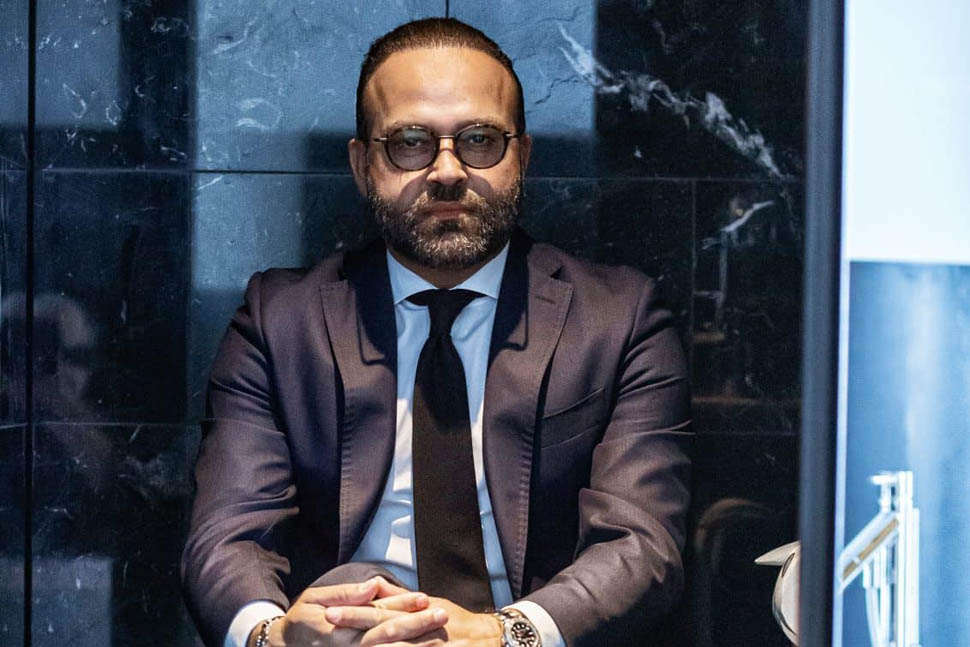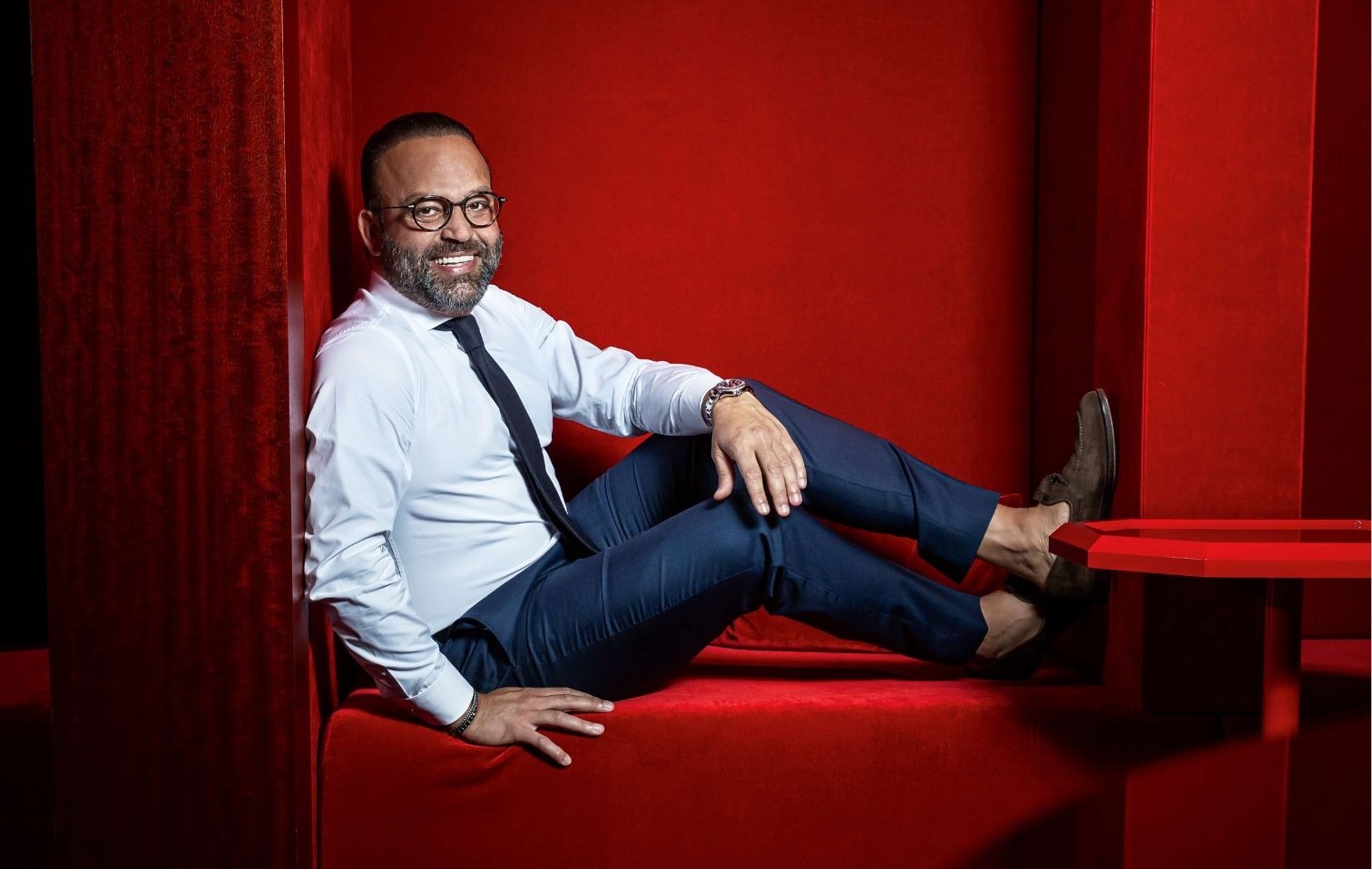“The staffing problem is self-made,”, says Bardia Torabi, one of Europe's most successful hoteliers, firmly. It's a statement that carries weight, especially coming from someone who has managed some of the world's most prestigious properties, from the Adlon in Berlin to the Ritz-Carlton in the Middle East to the 7Pines in Ibiza. But for Torabi, the truth is simple: only happy employees can make guests happy. And a sincere smile, in the hospitality industry, is worth more than a thousand international CVs.
Hospitality cannot be improvised: you have to have it in your blood
A Persian by origin and a citizen of the world by vocation, Torabi has made hospitality a philosophy of life. “I like to serve,”, he recently proudly confessed to Rolling Pin, defying the prejudice that in the West often accompanies the word. Raised in a culture that makes sharing and hospitality core values, he considers hospitality not as a trade, but as a deep attitude. A hotel's success never comes about on its own. Torabi knows this well, which is why he puts his employees on the same level as the guests. “My work would not have been possible without the people next to me”, he stresses. Figures like manager Daniele Trombacco or chef Óscar Salazar are just some of the professionals with whom he has shared successes, innovations, and visions.

Staff shortage? An open wound
For Torabi, the problem of staff shortages in the restaurant and hotel industry is not an inevitable consequence, but a direct responsibility of companies. "We have been paying poorly for a long time. And if you don't recognize the value of a person, that person will leave. Salary is not everything, but it expresses appreciation,” he says. And today, more than ever, there is a need to restore that balance to attract, train and retain new talent.
Beyond the resume: looking for people's souls
It is not enough to have worked in New York, Shanghai or Milan. For Torabi, the real added value of an employee is his or her “professional humanity”: the ability to welcome, excite and create memories. The resume is only a starting point. “It is more important to understand what that person carries in their DNA,” he argues. In an age where authenticity becomes a rare commodity, Torabi invests in people even before skills. “I firmly believe that if employees are happy, they will give a sincere smile to guests and be willing to do more. I put my employees on the same level as the guests. And this is not a marketing slogan."


An international career, but with deep roots
Arriving in Germany at age seven after fleeing with his family from Iran for political reasons, Torabi learned early on what it meant to be “the foreigner.” An experience that marked him, but also fortified him. “I had to run faster, stay longer, assert myself”. And it is this determination that has led him to stand out in a world where hospitality often stops at the surface. Torabi is not the type to sit back. "I leave when a project is finished. I'm not a manager, I'm a creator", he says. And when asked if he wants to create a perfect hotel, his answer is disorienting: "There is no such thing. Where people work, there are mistakes. But it's how we deal with them that makes the difference between good service and simple administration." Perfection lies not in the absence of problems, but in the ability to turn them into opportunities.

The importance of internationality and adaptation
Openness to the world is a hallmark of Torabi. “I don't want to be the German-Persian working in Spain, but the German-Spanish,” he says. Curiosity, loyalty and a spirit of discovery are the ingredients of his leadership. In the age of artificial intelligence and robotic kitchens, a crucial question remains: does it still make sense to focus on the human element? For Torabi, the answer is yes, as long as we use technology to free up time, not to replace relationships. One naturally wonders if such a dynamic figure ever thinks about the end of the ride. "Sooner or later the right time will come. But I don't want to wait until I'm 65 to recognize it,", Torabi smiles. Until then, he will continue to turn every hotel into a “place to be,” where hospitality is an art from the heart.











